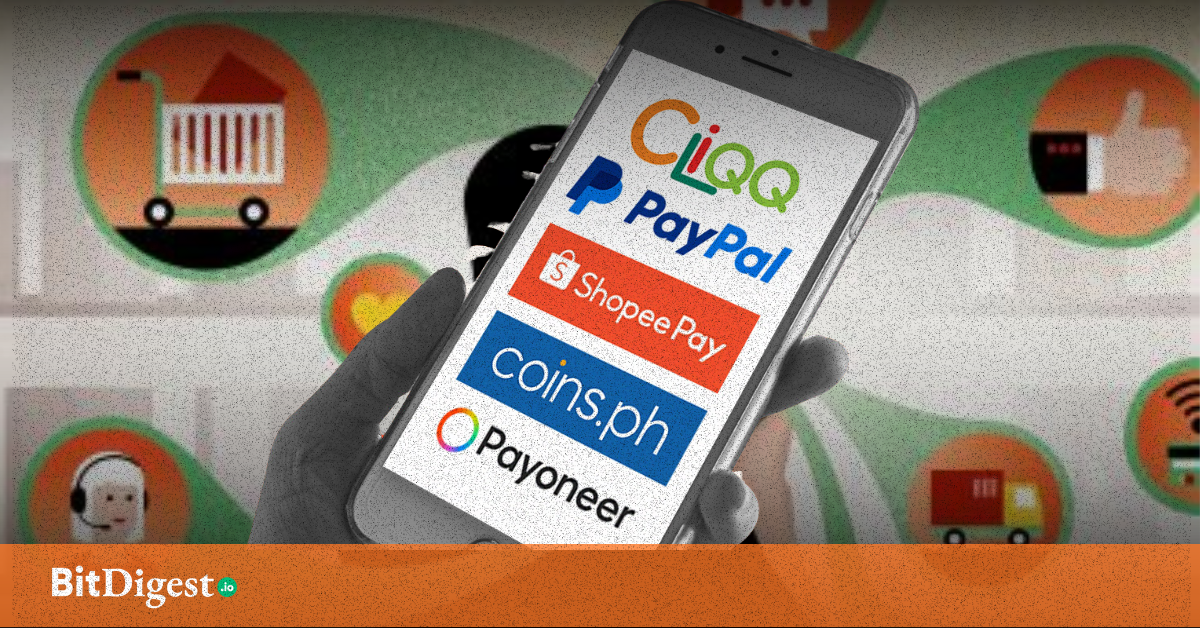The IXS Launchpad: Democratizing Access to Private Markets
Securing funding is critical to a startup's success or failure. Traditional fundraising methods have evolved significantly over the years, especially in equity sharing. The advent of blockchain technology has also introduced new mechanisms, such as Security Token Offerings (STOs), that promise to democratize access to investment opportunities.
Funding Mechanisms
Funding mechanisms are structures through which financial resources are allocated to projects, businesses, or activities. These vary depending on the source of the funds, the nature of the investment, and the intended use of the capital.

Importance of Funding Mechanisms
- Access to Capital: Funding mechanisms provide the necessary capital for businesses in the startup and expansion stages. Without adequate funding, it would be challenging for companies to develop products, enter new markets, or scale operations.
- Risk Management: Different funding mechanisms help in managing financial risks. For instance, since equity financing doesn't require repayment, it reduces financial strain. Meanwhile, debt financing maintains ownership but requires repayment with interest.
- Diversification of Funding Sources: Access to multiple funding mechanisms allows businesses to diversify their funding sources instead of taking the risk of relying on a single source of capital.
- Innovation and Growth: Access to capital through various funding mechanisms is critical for fostering innovation and growth. Venture capital (VC), for example, supports startups with high growth potential. In turn, this drives technological advancements and economic development.
- Economic Development: Funding mechanisms facilitate the flow of capital into various sectors. This can lead to job creation, infrastructure development, and overall economic growth.
- Empowerment of Investors: Innovative funding mechanisms like crowdfunding and STOs democratize investment opportunities by allowing a broader range of investors—including retail investors—to participate in funding projects and businesses.
Traditional Funding Mechanisms
When it comes to securing capital, businesses have traditionally relied on several established methods to raise the funds they need to kickstart or expand their operations.
- Equity Financing: Equity financing involves raising capital by selling shares of the company to investors. This provides investors with ownership stakes and potential profits in the form of dividends. Equity financing is commonly used by startups and growth-stage companies. Common stages include:
- Seed Round: Early-stage funding to develop a prototype or business plan.
- Series A, B, C, etc.: Subsequent funding rounds to scale the business, each increasing in amount and investor sophistication.
- Simple Agreement for Future Equity (SAFE) Notes: SAFE notes are agreements that allow investors to convert their investment into equity at a later funding round, providing flexibility and simplifying early-stage fundraising.
Venture capital firms normally facilitate these stages, often providing not only funding but also mentorship and strategic guidance.
- Debt Financing: In debt financing, companies borrow money that must be repaid with interest. This includes loans, bonds, and lines of credit. Unlike equity financing, which involves giving up a share of ownership, debt financing keeps ownership intact but comes with the obligation of making consistent repayments.
- Crowdfunding: Crowdfunding involves raising small amounts of money from a large number of people, typically via online platforms. This method is often used for creative projects, startups, and charitable causes.
- Grants and Subsidies: Grants are funds provided by governments, corporations, or non-profit organizations that do not need to be repaid. On the other hand, subsidies are financial assistance to support specific industries or activities.
- Initial Public Offering (IPO): An IPO is when a private corporation offers shares to the public in the form of a new stock issuance. This enables a company to secure capital from public investors. To conduct an IPO, companies must comply with the regulations set by stock exchanges and the Securities and Exchange Commission (SEC). An IPO often serves as an exit strategy for the company’s founders and early investors, allowing them to fully capitalize on their private investments.
Modern Funding Mechanisms
As blockchain technology continues to evolve, modern funding methods using digital assets are being developed. These are innovative ways for businesses to raise capital and for investors to participate in emerging projects.
- Initial Coin Offerings (ICOs): ICOs are a form of crowdfunding using cryptocurrency, where new tokens are sold to raise capital for blockchain-based projects. They are similar to initial public offerings (IPOs), but the coins issued in an ICO can also serve a functional purpose for a software service or product. While some ICOs have legitimately provided returns for investors, many others have either been fraudulent or failed to meet expectations. Presently, most ICOs are viewed as security offerings that require registration with a regulatory authority.
- Security Token Offerings (STOs): STOs blend traditional equity with blockchain technology. They involve issuing digital tokens that are backed by real-world assets, such as shares in a company. STOs combine the liquidity and accessibility of digital tokens with the regulatory compliance and security of traditional equity.
Both funding mechanisms are vital for businesses in need of capital to innovate, grow, and succeed.
The IX Swap Launchpad
IX Swap introduces its Launchpad, designed to enhance the power of raising capital for both companies and investors. The platform allows startups to raise funds through a Security Token Offering (STO), providing access to both governance/platform tokens and equity stakes.

Startups issue tokens in different phases—register of interest, private sale, and public sale—each with varying release schedules:
- Register of Interest: Allocation for users during the private sale
- Private Sale: Users who participated in the Register of Interest phase
- Public Sale: Open sale for users who did not participate in the Private Sale, with limited allocation left
Investors gain not only the liquidity, or the ease of entering or exiting an investment, of platform tokens but also the equity upside of traditional investments.
Investors can start investing in early-stage startups and emerging businesses with as little as $1. These opportunities cover various sectors such as finance, energy, gaming, healthcare, and real estate, using security tokens to represent equity. Each offering is thoroughly vetted, regulatory-compliant, and accessible to all market participants. The IX Swap Launchpad opens up investment opportunities to both large and small investors, breaking the traditional barriers that limit retail investor participation.
Relevance for Retail Users in the Philippines
The introduction of the IX Swap Launchpad is particularly significant for retail investors in the Philippines. Through it, retail investors in the country can now access early-stage investment opportunities that were previously reserved for venture capitalists and institutional investors. According to a report on PhilStar, 54% of Philippine stock market investors have annual incomes below Php 500,000, as of March 2024. IX Swap’s democratized approach ensures that even small investors like these can participate in funding promising startups.
Being able to invest in both equity and tokens benefits retail investors by offering more liquidity, a more diversified investment portfolio, and the long-term growth potential of equity stakes. Meanwhile, startups can take advantage of a broader investor base that includes actual users of their platform. This user-investor hybrid model helps build a more engaged and supportive community.
By participating in the IX Swap Launchpad, Filipino investors can contribute to and benefit from the growth of innovative projects, empowering both the local economy and the rest of the global financial system.
The IX Swap Launchpad is a game-changer in how startups raise capital and investors participate in these opportunities. By combining traditional equity financing with the innovative features of blockchain technology, IX Swap opens up opportunities for both startups and investors. For retail users in the Philippines, this means greater access to lucrative investment opportunities, enhanced community engagement, and greater potential for economic growth. As the platform rolls out, it promises to create a more inclusive and democratized investment landscape for all.
.svg)

.svg) SHARE TO FACEBOOK
SHARE TO FACEBOOK SHARE TO TWITTER/X
SHARE TO TWITTER/X SHARE TO LINKEDIN
SHARE TO LINKEDIN SEND TO MAIL
SEND TO MAIL




.svg)


.svg)